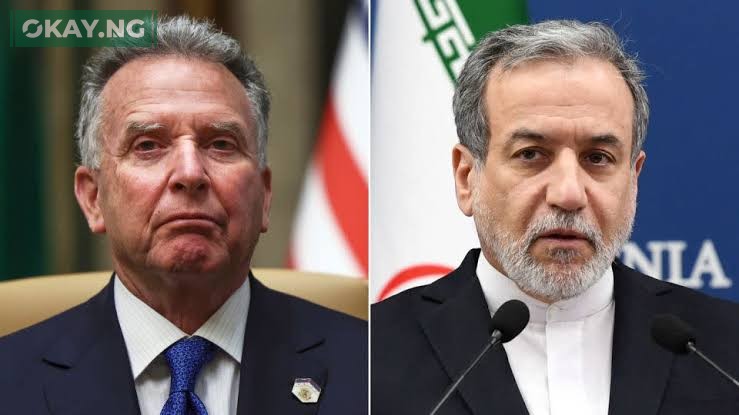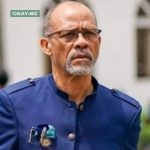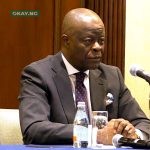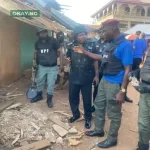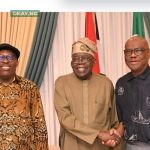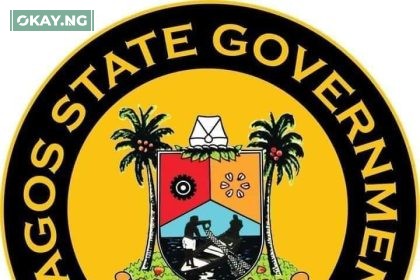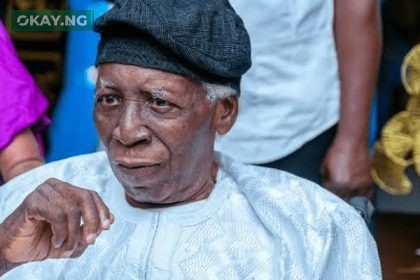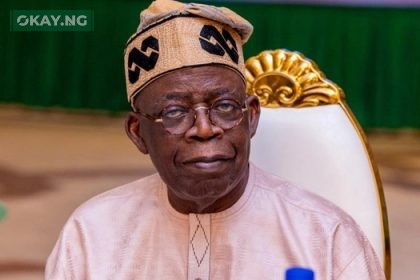The United States and Iran have resumed negotiations in Oman, marking their third meeting in as many weeks, as both sides seek to hammer out the specifics of a potential new nuclear agreement.
US special envoy Steve Witkoff and Iranian Foreign Minister Abbas Araghchi are once again spearheading the discussions. For the first time in this latest phase, technical experts from both countries are participating in detailed talks.
The negotiations are focused on crafting a deal that would prevent Iran from developing nuclear weapons — a goal Tehran insists it is not pursuing — in exchange for easing the heavy sanctions crippling its economy.
The renewed diplomatic efforts come after US President Donald Trump withdrew Washington from the previous multilateral nuclear accord during his first term.
Speaking earlier this week, Araghchi voiced “cautious optimism,” stating, “If the United States’ only demand is that Iran not possess nuclear weapons, this is a realistic and achievable objective.” However, he warned that any “impractical or illogical demands” from Washington could derail progress.
On the technical side, Michael Anton, director of policy planning at the US State Department, is leading the American expert delegation. Iran’s team is headed by deputy foreign ministers Kazem Gharibabadi and Majid Takht-Ravanchi, according to reports from the Iranian news agency Tasnim.
Negotiations officially commenced around noon local time (0800 GMT), Iranian state television reported.
While only one day of talks was initially planned, Iran’s state news agency IRNA noted that discussions could be extended, given the complexity of the technical and expert-level deliberations.
Meanwhile, Iranian Foreign Ministry spokesperson Esmaeil Baqaei stressed that the country’s defense and missile programs are not on the negotiating table, telling state TV: “Issues related to Iran’s defense capabilities and missile systems are not part of these talks.”


